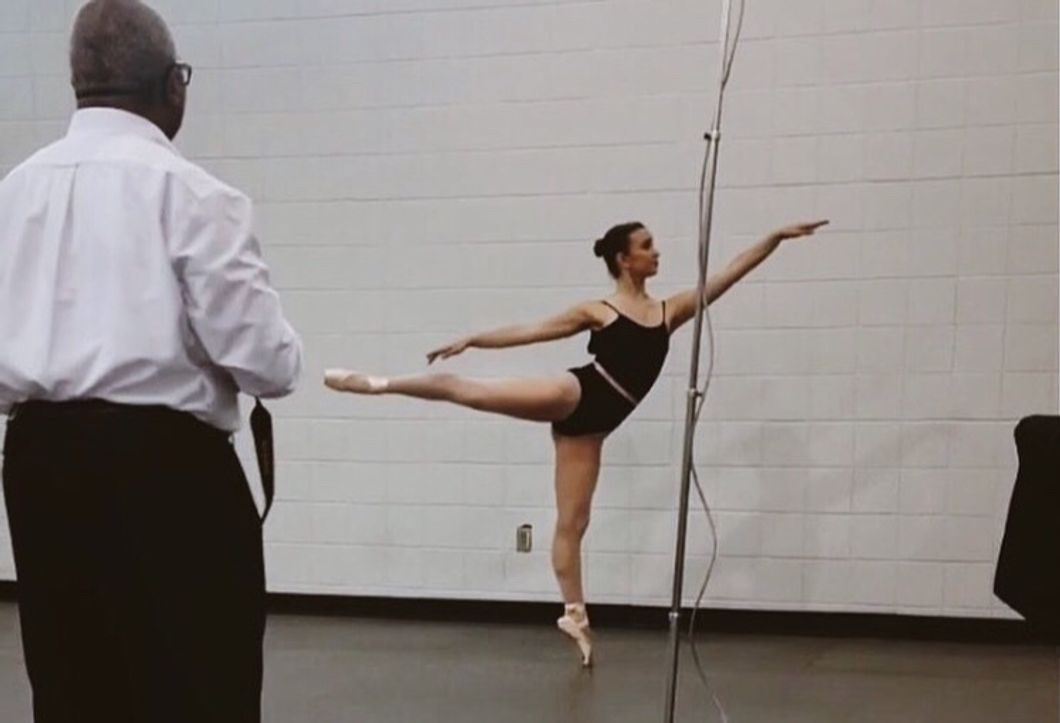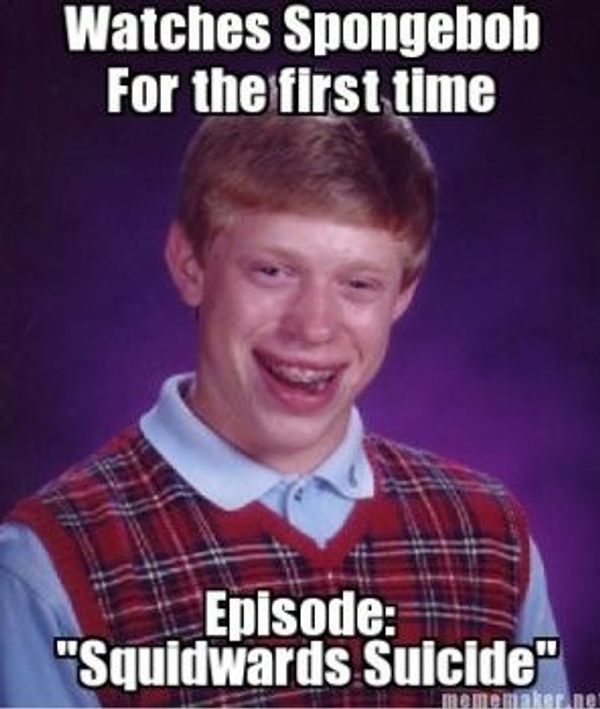Abuse and misconduct in the dance world (especially in ballet) is slowly coming to light. It is an issue that has been prevalent in the dance world for years but has only recently gained any recognition in the public eye.
In 1992, Peter Martins, director of NYC Ballet, was charged with third-degree assault of his wife who was then a principal dancer in the company.
In December 2017, Martins retired from his position with NYCB after allegations of sexual, physical and verbal abuse. In September 2018, NYCB fired two male dancers and had a third resign after all three were mentioned in a lawsuit accusing the third dancer of sending inappropriate photos.
That same month, the Ontario court system investigated claims that a former instructor at the Royal Winnipeg Ballet pressured students, including those underage, to pose for nude or semi-nude photos and may have sold the photos online. These allegations spanned 30 years before the case was ever investigated.
These are just two of many stories that abuse in a dance workspace. I too have my own stories.
I had a ballet master who was incredibly knowledgable and experienced in his field. At the time, I was training at a relatively prestigious facility, so I figured I was receiving top quality instruction. I was too young to realize that I deserved much better. My instructor would call us names and make "jokes" that were a disgrace to every race, religion, and disability you can think of.
Once, after I incorrectly executed a barre combination, he asked if my mother knew I was autistic yet.
On a separate occasion, he said I danced as if I had down syndrome. I have close family and friends with disabilities who are wildly talented, so that dig hurt deeper than he'll ever know. He once made a "slave" joke to a row of black girls struggling with a step. He talked about his students' bodies inappropriately and was not afraid to throw things during class. Respect was of the utmost importance to him, and if he felt you had done something to insult his prestige, you were punished. He wanted his dancers as small as possible, so he closely watched what you ate and was very vocal if he felt you were "getting bigger." None of us were overweight, and many of us were underweight. I was becoming a better technical dancer but at the cost of my joy. It was a mental pressure as much as it was a physical one.
This was a catalyst for my years-long battle with an eating disorder.
At another facility, I had a teacher that was obsessed with flexibility. One day, we were doing a stretch where you lay down and bring your leg to your face. The teacher didn't think my leg was bending far enough, so without warning, she slammed my leg to the floor, even though I begged her to let up. It frayed my hamstring, and to this day, I still have problems with that leg.
If we attempted to voice our concerns, we were quickly silenced or temporarily placated. A few people heard me, an even smaller percentage of them believed me, and the chance of someone being willing or able to help was rare. After my experience, I began to hear similar stories from other dancers. I was not the only one who had accounts of being made to feel less than in dance. I was not the only one who couldn't stand at the barre or go to an audition without shaking like a leaf. However, many were not as accepting of my testimony, because pain and humiliation often comes with the territory of being a dancer, as if somehow that discredits my claim. While it's true that dance is painful, I am a firm believer in that the pain should never exceed a body's physical ability to perform.
This is where understanding the difference between tough love and abuse comes in. My whole dance career, I've had "tough love" dance teachers. I'm used to loud, frustrated yelling, being physically maneuvered (with consent), and even the occasional light-hearted jab at my technique.
When consent is not given, when words are belittling and offensive, when health is not prioritized, when women are mistreated and children are sexualized, it's abuse.
Dance instructors, choreographers, faculty, and parents, please listen to your dancers, and listen especially closely when they are young and vulnerable. If the beauty and integrity of artistic instruction is to be preserved, the mistreatment of dancers has got to stop. Acknowledge everything they say and let them know that they are heard. Only then can we eradicate this injustice and finally be on the right side of dance history.



















